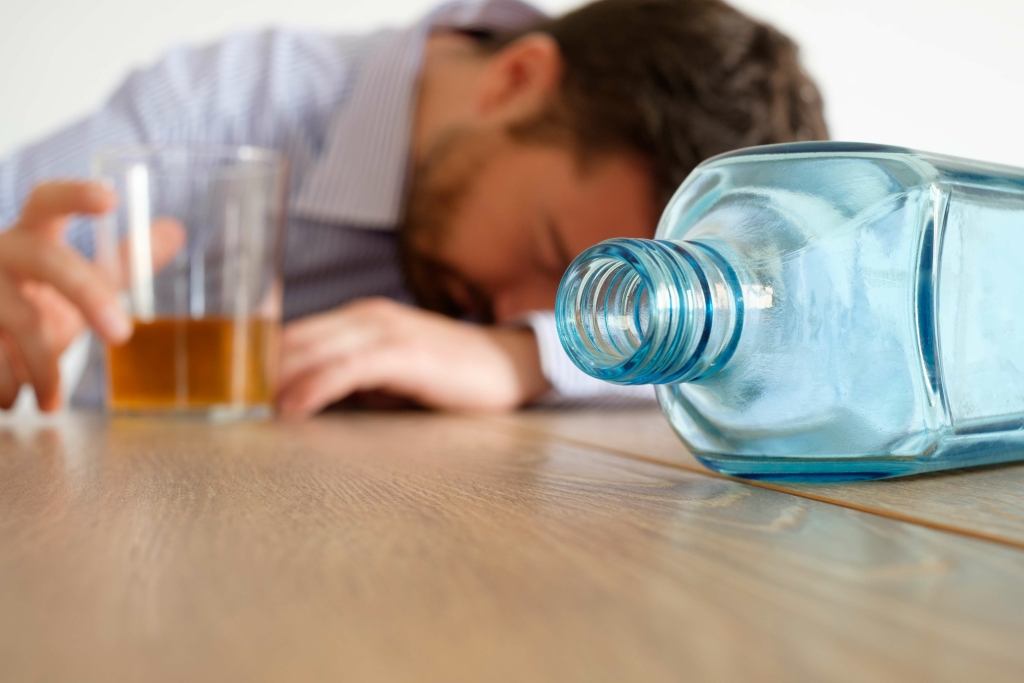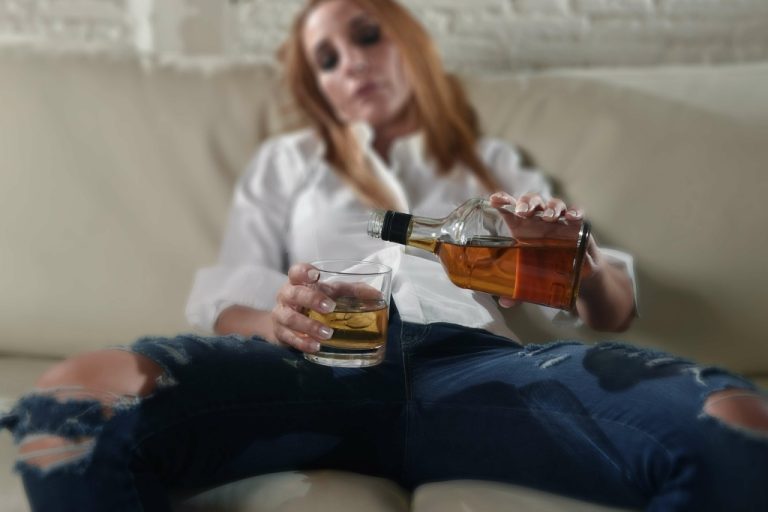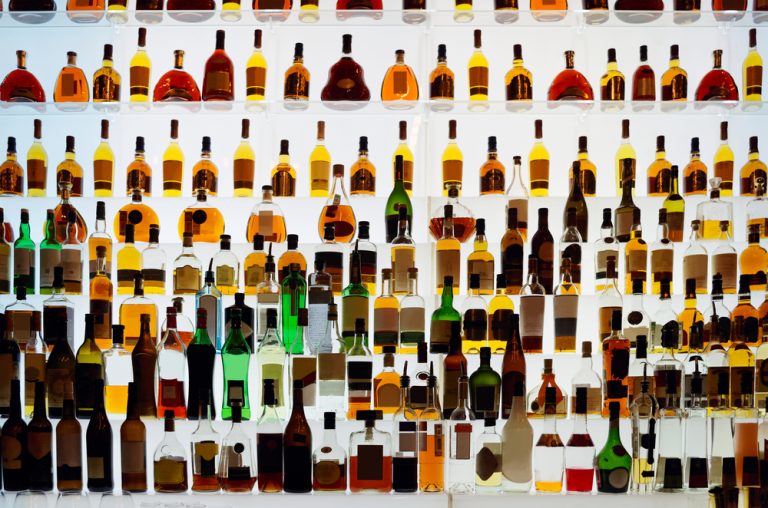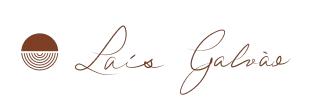Unfortunately, using alcohol to reduce your level of anxiety creates a vicious cycle that will only make things worse. Panic attack symptoms are extremely scary, causing many people to experience chest pain, breathlessness, palpitations, vision problems, nausea, diarrhoea, and often a fear that they’re going to die. Alcohol’s diuretic effect causes dehydration, which can heighten feelings of anxiety and nervousness. Alcohol often leads to poor food choices, creating physical discomfort that can mimic anxiety symptoms. However, their use is carefully monitored due to potential for abuse and interaction with alcohol.
How to Manage Anxiety Symptoms After Quitting Drinking Alcohol
- While it might feel like a momentary escape, this can create a tough cycle.
- It affects brain chemistry, particularly GABA, a neurotransmitter that normally has a calming effect.
- If you struggle with alcohol-induced anxiety attacks, it is important to seek professional help.
This can trigger anxiety attacks or worsen pre-existing anxiety disorders. Alcohol can trigger anxiety attacks and worsen pre-existing anxiety disorders. It interferes with the body’s ‘fight or flight’ response, which can make individuals more vulnerable to anxiety disorders.
Anxiety Disorders and Alcohol Withdrawal

You may have generalized anxiety when you begin drinking and, over time, develop panic attacks or social anxiety. Mr. A, a 25-year-old barber, came to the psychiatry clinic with complaints consistent with a possible diagnosis of panic disorder according to the DSM-IV-TR criteria. Mr. A had had his first panic attack approximately 5 months earlier, 1 month after an abrupt cessation of an alcohol abuse period lasting 7 years. He had had almost no withdrawal symptoms except a feeling of dizziness that continued for 1 week. For individuals with a history of anxiety and/or benzodiazepine dependence, managing psychiatric medications during alcohol detox is crucial. Benzodiazepines, often prescribed for anxiety disorders, are themselves addictive and can complicate the detox process.
Our heart rate slows down, our muscles start to relax, and anxious thoughts come to a halt, giving us a temporary sense of calm. On top of that, the boost in our feel-good hormones can lift our mood. Once these effects wear off, our anxiety may amplify and trigger a panic attack.
Paxil vs Zoloft: Comparing medications
Sleep disturbances are common, including trouble falling asleep or staying asleep throughout the night. These effects may manifest through physical sensations and changes in behavior. Additionally, relying on alcohol to manage anxiety can prevent individuals from developing healthier coping strategies. This dependence may mask underlying issues and delay proper treatment. Alcohol is often used as a coping mechanism for anxiety, but this approach carries significant risks.
Seeking help from healthcare professionals like doctors, therapists, or psychiatrists is important. They provide a proper diagnosis and develop a tailored treatment plan. At Priory, our specialists regularly meet with people experiencing both alcohol issues and mental health concerns. If you’ve been drinking alcohol excessively, which has been leading to panic attacks, it’s highly recommended that you reach out for help to deal with your drinking as soon as possible. Getting professional support can be a positive step for you to take to regain control of your life. Our specialized treatment programs focus on addressing both alcohol use and panic disorder.
Find a safe, quiet, comfortable space to sit down and try to remind yourself that the attack is temporary and will pass. These types of exercise can activate your parasympathetic nervous system, helping you calm down. Determine if does alcohol cause panic attacks any of these other substances cause you anxiety symptoms, and then cut those out, too. Alcohol is a central nervous system depressant that slows down brain activity.

Abruptly discontinuing benzodiazepines can lead to severe withdrawal symptoms, including panic attacks, seizures, and even death. Many individuals turn to alcohol as a way to manage their anxiety, mistakenly believing that drinking will help calm their nerves. However, when they attempt to stop drinking, they may experience severe alcohol withdrawal symptoms, including panic attacks. These symptoms are not just uncomfortable—they can be dangerous and warrant close professional monitoring. Drinking alcohol reduces inhibitions, meaning rational thinking is affected. Many of us picture those videos of intoxicated men riding lawn mowers across a frozen pond in just shorts.
Find care with Rula

The fight or https://ecosoberhouse.com/ flight response redirects blood flow toward vital organs necessary if there were a real threat. Engaging in light exercise, although seemingly difficult, can actually help the body desensitize to the sensations of panic. Eventually, dependence needs more of a substance to get the same effects.
In fact, drinking can change the chemistry of the brain in a way that actually makes anxiety worse. Knowing how alcohol affects anxiety may make it less tempting to have a drink to cope. Saya graduated with her Master in Social Work (MSW) with a concentration in mental health from the University of Southern California in 2010.
- When you drink alcohol your brain releases a burst of serotonin that can make you feel euphoric and confident, only to crash when you stop drinking and your serotonin levels are lowered dramatically.
- These activities help release endorphins, which are natural mood lifters.
- As the body metabolizes alcohol, it reduces the brain’s GABA levels (lessening calm feelings) and increases glutamate (making us feel more anxious).
In addition, if you’re noticing your anxiety levels increasing after drinking, try cutting down on how much you drink. Plus, take note of how your mood is each day — if you’re feeling extra on edge already, try and go against the temptation marijuana addiction of remedying that with alcohol. If you’re feeling overwhelmed by your anxiety disorder, there are other ways to seek help. If you have a history of anxiety or mental disorders, make sure to share this with your healthcare provider so you know how alcohol or other substances may affect you differently. Since they can be triggered by different factors, it’s difficult to predict when we might experience a panic attack.
